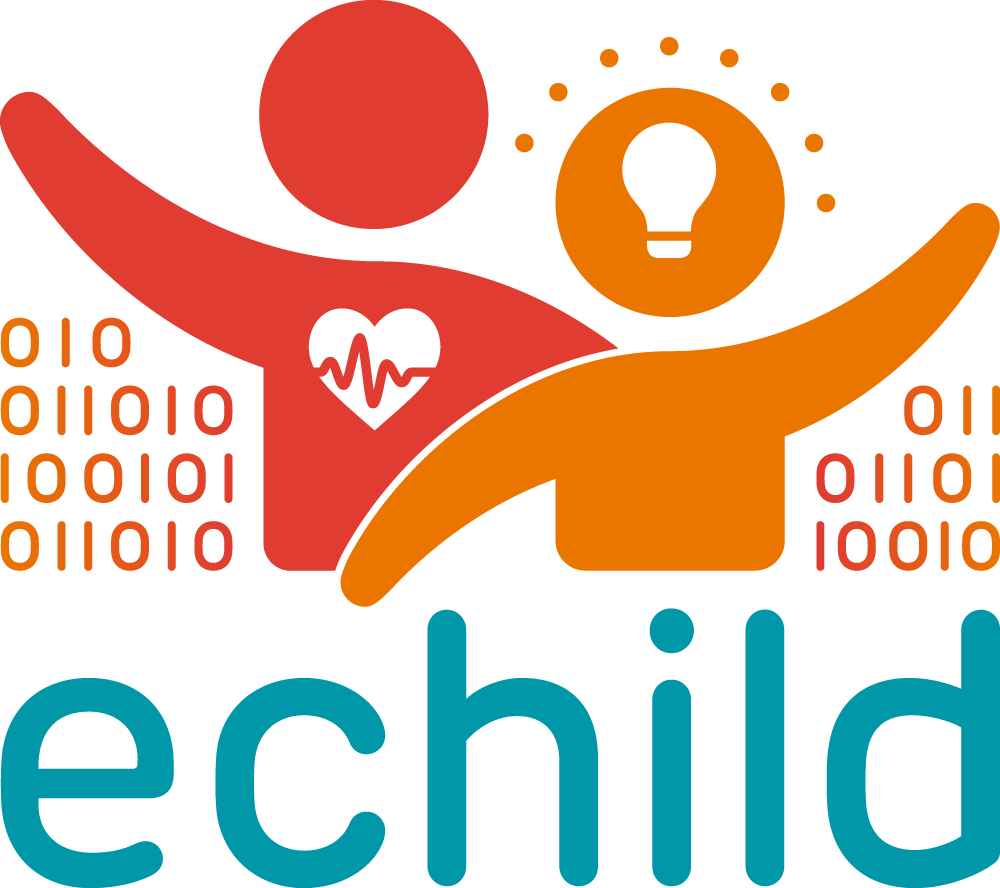New ECHILD Publication: Bright children from poorer backgrounds twice as likely to receive hospital mental health treatment than affluent high-achievers by John Jerrim
Bright children from disadvantaged backgrounds are twice as likely to be admitted to hospital with mental health problems as equally high-achieving pupils from more affluent families, according to new research published in the Oxford Review of Education.
The study, led by Professor John Jerrim (UCL Institute of Education), analysed data from more than 42,000 high-achieving pupils in England using the ECHILD database, which links anonymised health and education records. It compared hospital admissions between ages 11 and 20 for a range of conditions, including anxiety and depression, drug or alcohol use, self-harm, eating disorders and pregnancy care.
Key findings include:
Hospital admissions: 8.6% of high-achievers from disadvantaged backgrounds were admitted for one of the conditions studied, compared with 4.2% of their affluent peers.
Alcohol and drug treatment: 3.1% of disadvantaged high-achievers were treated for drug or alcohol use versus 1.3% of advantaged high-achievers.
Pregnancy care: High-achieving girls from disadvantaged families were ten times more likely to receive pregnancy care than high-achieving girls from affluent families (3.5% vs 0.3%).
Eating disorders: Rates were similar across socio-economic groups.
Timing: Hospitalisations rose sharply around Years 9–10 (ages 13–15), aligning with the period when many high-achievers from poorer families begin to fall behind academically.
Professor Jerrim says these results highlight the need for joined-up support across schools, health and social care:
“Despite their impoverished upbringing, these children have overcome poverty to outperform many of their peers. They have the potential to flourish at top universities and in high-flying jobs. But without coordinated support to manage broader issues in their lives, their full potential is unlikely to be realised.”
The study suggests that improving early intervention and creating supportive environments could help high-achieving children from disadvantaged backgrounds maintain their success and improve life chances.
Read the full study in the Oxford Review of Education
